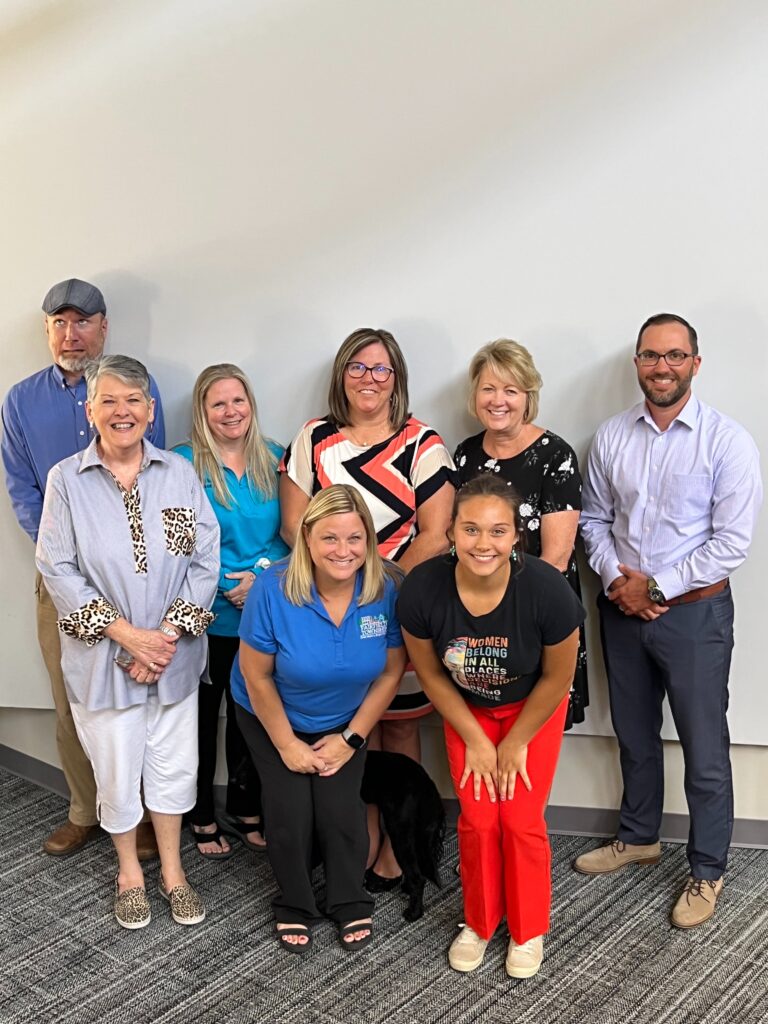Latest Work
My recent works include stories from The Post at Ohio University and NPR affiliate Cincinnati Public Radio as well as photo galleries from across the Midwest. Have story tips or session request? Reach out using my inquiry form! I look forward to working with you soon!

Council welcomes Dr. Eduard Balashov, addresses city housing rules
By Olivia Gilliand | Oct. 9
For the Post
Athens City Council hosts Dr. Eduard Balashov Monday, discussing the relationship between Athens and Ostroh, Ukraine and housing regulations.

Student Senate executives receive first evaluation
By Olivia Gilliand | Oct. 9
For the Post
As a part of its Rules and Procedures, the Student Senate executive office received an evaluation from its peers. President Dan Gordillo hopes students regain trust in the body by releasing the information via social media.

League of Women Voters hosts candidate forum for Athens County Treasurer
By Olivia Gilliand | Oct. 8
For the Post
The League of Women Voters hosted a debate between Dawn Deputy and Taylor Sappington, non-incumbent candidates for Athens County Treasurer.
Hi there! I’m Olivia, and I’m so glad you’re here!
My passion for journalism came early and was fostered by my dad, who only listens to the radio news in the car. Following the frenzy of 2020, I quickly began recognizing, and relying, on responsible, local journalism. This realization, coupled with the time to nurture it, allowed me to branch into photo, video, writing and any other form of journalism I could get my hands on.
Now, I’m entering my second year at Ohio University studying Journalism through the E.W Scripps School of Journalism and German the College of Arts and Sciences. Education has the power to change lives and I am excited to see where this journey leads. I invite you to join me in whatever capacity you can!


“Olivia Gilliand is a remarkable young lady. Her work output is impeccable, and her creativity and ingenuity have been a compliment to the work that I do as an Administrator.”
Julie Vonderhaar
Fairfield Township Administrator